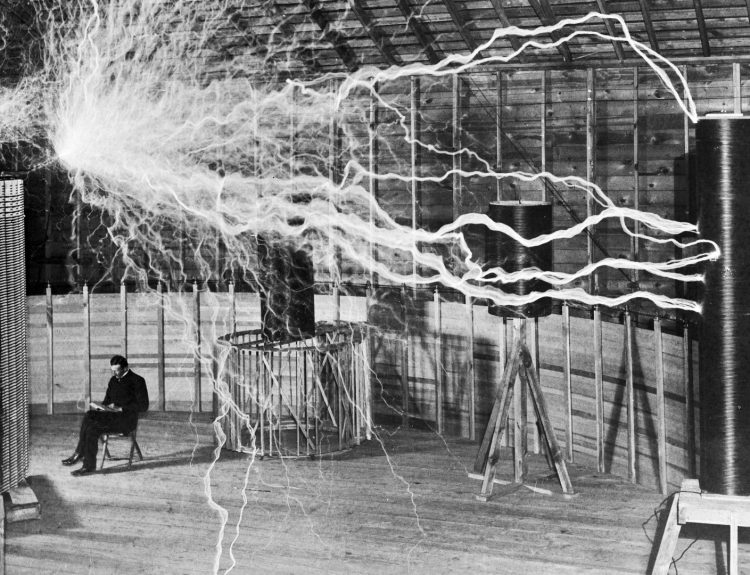There are arguments circulating in Scotland that their parliament is enacting things that will remove the very freedom that the nation was founded on. Scottish Parliament was developed to protect the rights of the Scottish people, but recent legislation threatens to stifle that freedom. Let’s see if Scotland’s still free.
The Hate Crime and Public Order (Scotland) Act
Hate crimes have become a significant problem in some parts of the world. This act was designed to make it illegal to post or say something that is deemed hateful to a protected group.

Amendments to the bill exempted public performances from the law, but recent training footage shows that Scottish police will focus on performers when enforcing the law.
A Definite Risk of Censorship
The problem with any type of law or bill is that there will be unexpected consequences. There’s no definite measure of what counts as offensive to someone, and that subjectiveness can lead to abuse.
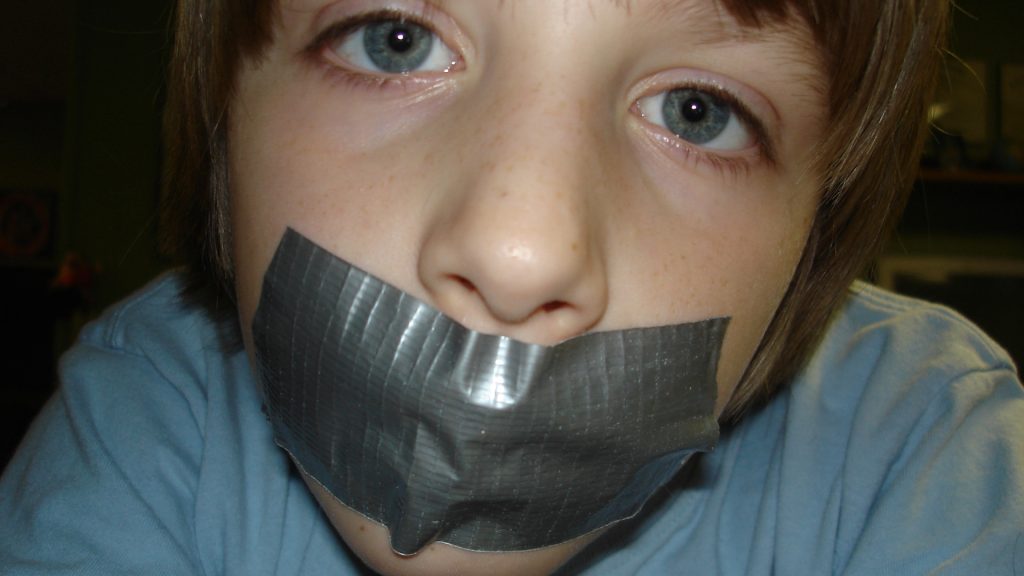
Plays, books, and other media that might portray a particular group in a bad light may be subject to censorship, cancellation, and other acts that limit the media’s distribution.
A Real-Life Example
The author of the Harry Potter books, J. K. Rowling, was recently reported to Northumbria Police for misgendering India Willoughby when she referred to Willoughby as a “he.”

Fortunately, the Northumbria Police didn’t take the report seriously, but it underscores how this sort of legislation can be abused to make someone’s life miserable simply for disagreeing with them.
Legislation Is Unclear
The limiting factor of what the police can take seriously rests on the phrase “a reasonable person.” If something the accused says could be construed as hateful by “a reasonable person,” they can be charged.
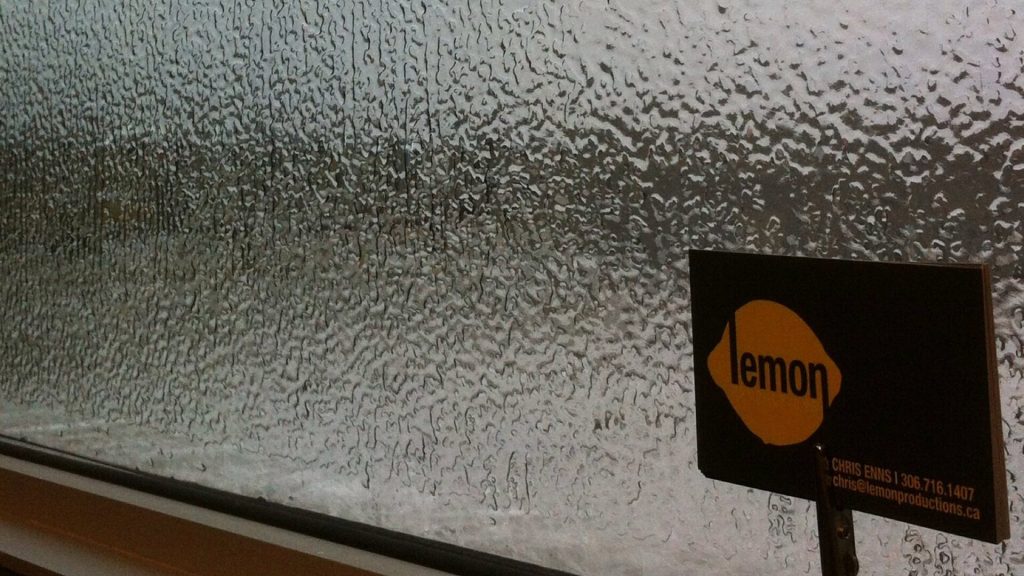
However, the legislation doesn’t define what it means by a reasonable person. It’s left up to officers to determine whether the accusation is valid, which requires them to judge whether the accuser is reasonable.
Toeing The Line Between Acceptable and Hatred
In most cases, censorship laws don’t work. Anything that forces people to avoid saying things simply builds resentment toward the authority imposing the ban. No free society should have censorship.

Yet, there are always a few classes of people that may be subject to hatred. Censoring speech doesn’t protect these people in the way the government thinks it does. It simply breeds resentment.
Enforcement Could Impact Police Force
Parliamentarians may be patting themselves on the back for devising a handy way to combat hate speech, but passing these laws will create a bigger problem.

Scottish police are already overburdened with the amount of crime they have to deal with. Adding frivolous reports that must be investigated to the place may be too much for the existing force to handle.
Threatening Actors and Comedians With Jail
Humor usually relies on skirting the acceptable. In many cases, Scottish comedians, or those who visit Scotland, can speak about anything on stage without fear or reprisal.
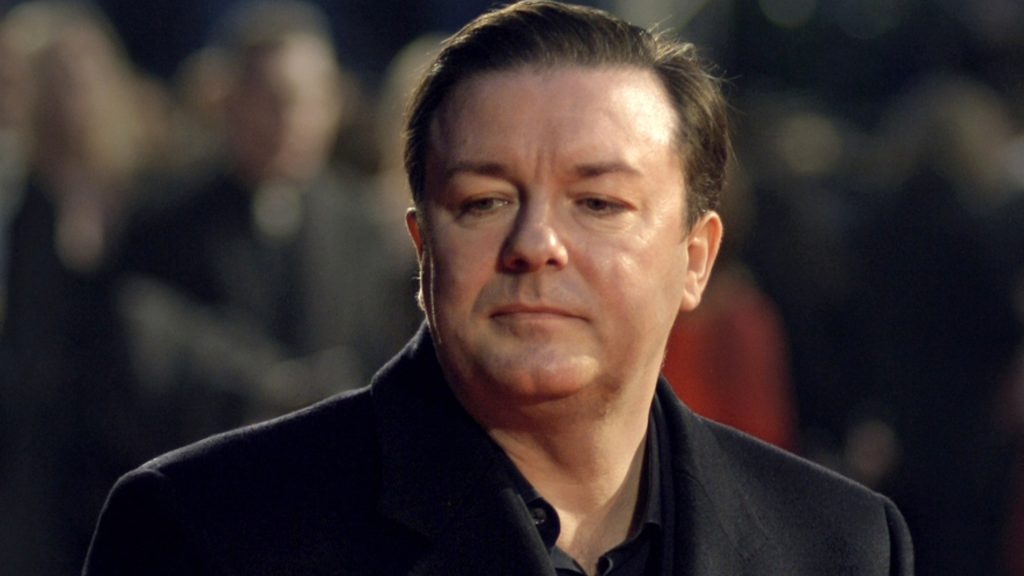
Unfortunately, this law will take effect in January and will curtail that sort of humor. Activists believe it will make life easier for them at the expense of free speech and expression.
Trans Activists Push For This Law
The “protected group” in question is transexual individuals. While they are welcome to live their lives in any way they please, the curtailment of humor in their direction may be overbearing.
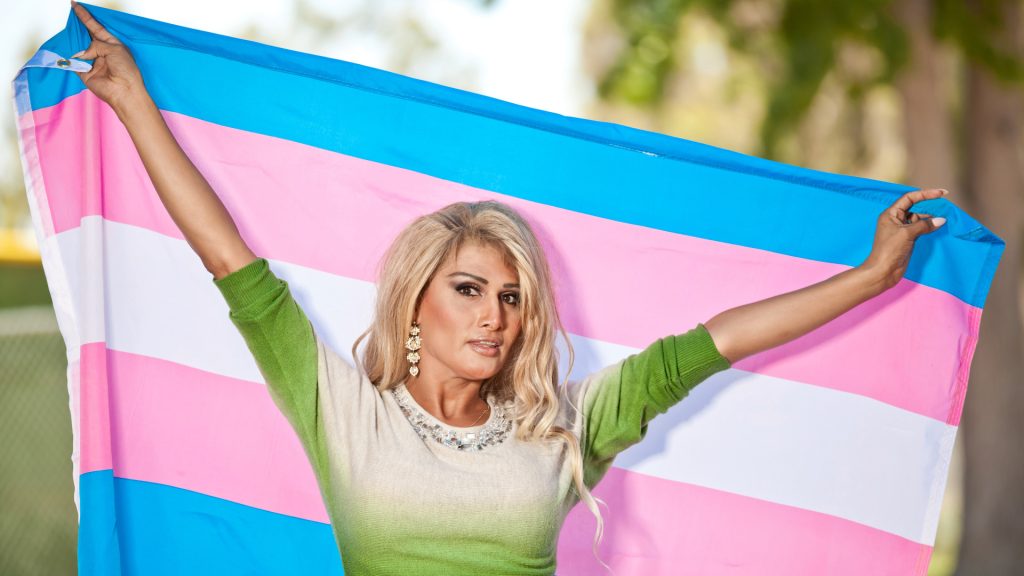
The comedian George Carlin once said that if you want to know who controls you, just look at who you’re not allowed to criticize. In this case, with the passage of this law, Carlin might be right.
Does This Really Step on Free Speech?
Defining free speech can be difficult, especially in the context of hate speech. At what point is inciting violence against a person or a group acceptable? The crux of this matter lies with inciting speech.
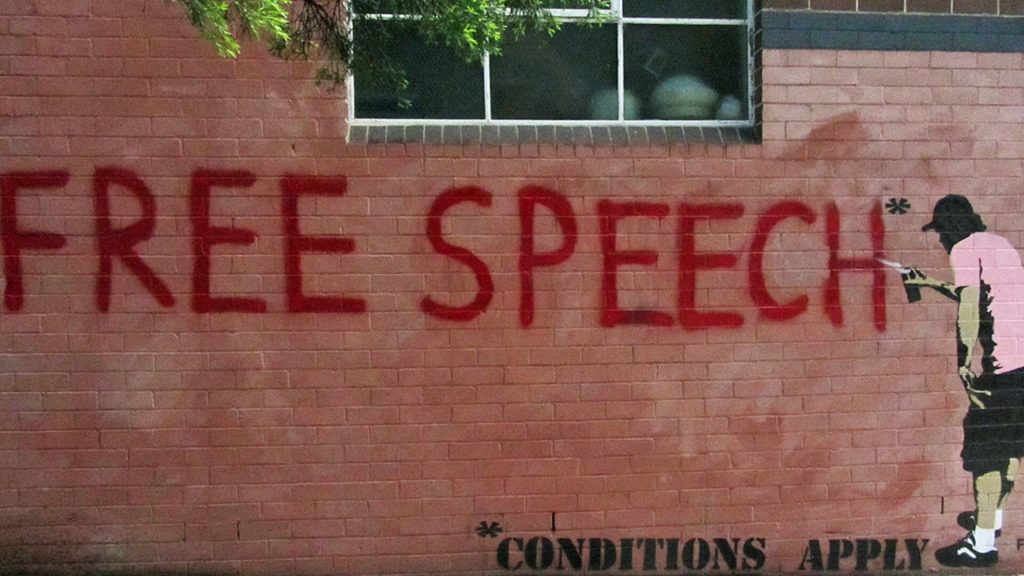
Does an innocent joke at the expense of a protected group count as hate speech? Does a critical statement about the group count as hate speech? These questions should have been asked before this law was proposed.
An Orwellian Existence May Be Pending
In George Orwell’s 1984, the government enforces a specific code of conduct and speech, and those who don’t conform to it are spirited away to a shady organization for re-education.
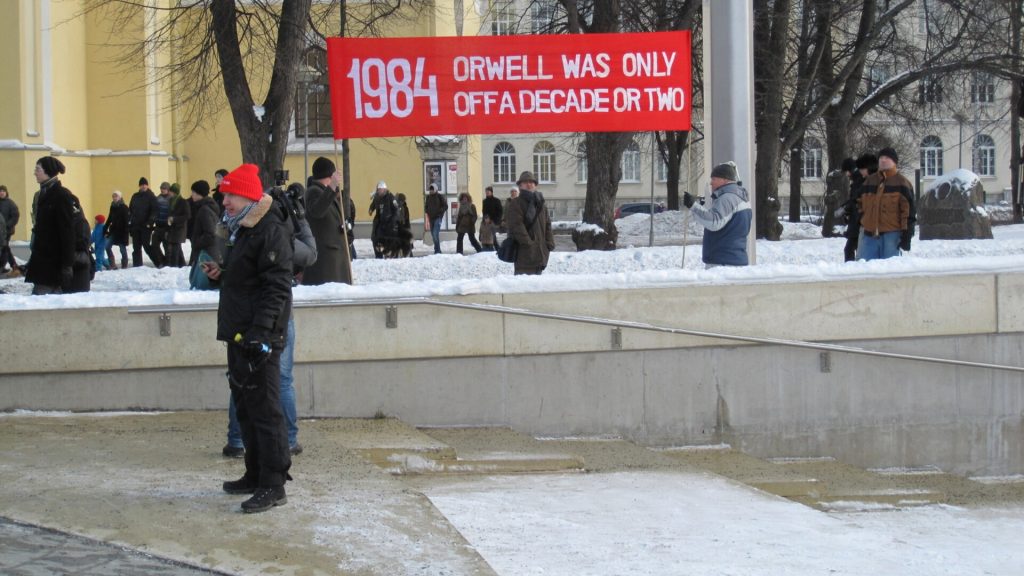
While the situation isn’t the same in Scotland, some Scottish free-speech activists think this law is starting more authoritarian measures to curtail people’s right to speak out.
Saying Certain Things Can Cost One Their Career
Censorship and cancel culture go hand in hand. When someone says something that a particular group doesn’t like, they can take to social media to “cancel” them.

In some cases, it doesn’t work. J. K. Rowling is an excellent example of this. Despite efforts to cancel her, she is still very prominent, and most of the Scottish public respects and agrees with her.
Codifying Canceling By Law
This act, if it were to pass, creates a situation where an artist can be arrested and prosecuted because of their art. Instead of simply being canceled in a public forum, they risk having a permanent record.
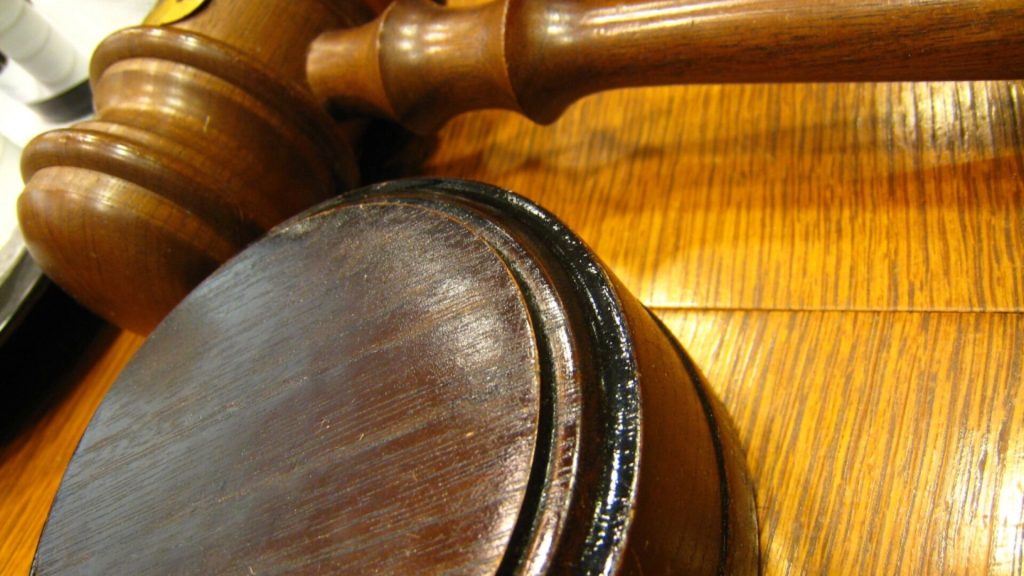
This law is the evolution of cancel culture, forcing artists to think twice about what they say. It doesn’t protect the rights of any citizen but enforces an authoritarian view of what someone is allowed to express.
What Does This Mean For Scotland?
The act could stop all criticism of transgender activists and could also silence artists who may have something to say about the power they wield in Scotland.

Free speech activists may have something to worry about since this law could lead to innocent people being prosecuted for stating facts or simply saying something without thinking about it.
This Act May Backfire
Orwell’s dystopia was also known for something called “doublethink” – the ability to entertain two opposing “facts” in one’s head. If transgender activists want to seek equality, outlawing criticism of their ideology is not the way to do it.

If anything, it’s the way to ensure that many people will not support their movement. No one wants to be thrown in jail for speaking their mind.






